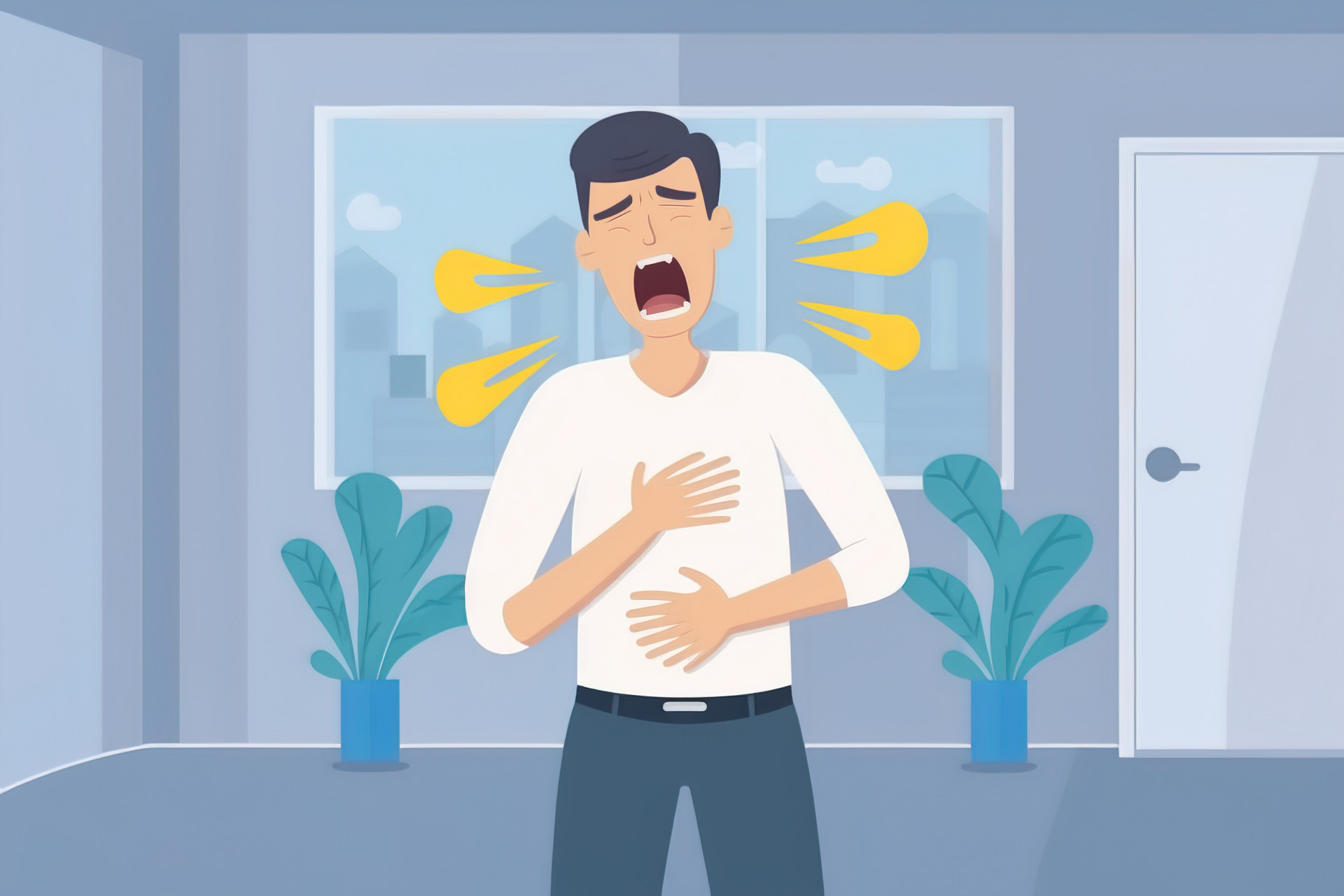1. Make a firm decision and never look back.
Write down all the reasons why you want to quit smoking, including the benefits of quitting. For example, after quitting smoking, you will be able to taste food better and no longer cough in the morning, etc. Before taking action, convince yourself that quitting smoking is worth a try.
2. Analyze your smoking habits.
Record every cigarette you usually smoke within 24 hours and the time you automatically smoke (such as smoking a cigarette every time you drink coffee, after meals, or before starting work) on a table. Spend two or three weeks studying when and why you need to smoke so that you pay more attention to every puff of smoke. This will make you more concerned about your smoking behavior and help you prepare for quitting smoking.
3. Choose a day on the calendar to quit smoking.
This is the most successful and least painful method to quit smoking. If your family or friends can quit smoking with you at the same time and support each other during the most difficult days before quitting smoking, it will be beneficial for quitting smoking. You can also choose to quit smoking when you change your daily life for other reasons (such as when you go on vacation). Some smokers find it helpful to announce to everyone that they are quitting smoking. This can be something to be proud of when your willpower weakens and you don't give in.
4. During the initial difficult period of quitting smoking, try to use anything that can replace cigarettes.
Chewing gum and taking anti-smoking pills (available over the counter without a prescription) are helpful. If you feel empty without a cigarette between your fingers, you can hold a pencil or pen. In addition, you can do some relaxation exercises to ease the tension that smoking seems to relieve for you. Giving up (at least temporarily) some activities related to smoking also helps quit smoking. For example, if you usually smoke when drinking at a bar near your home, then don't go to the bar temporarily. Avoid situations that encourage smoking. For example, when traveling by train, bus, or plane, choose to sit in the non-smoking area, which also helps quit smoking.
5. In the weeks before quitting smoking, try to eat as much low-calorie food and drinks as you want, and your appetite will improve.
When you feel stressed and anxious (a natural result of quitting an addictive habit), you often feel compelled to find something to nibble on, so your weight may increase. Remember, the first four weeks of quitting smoking are the most difficult, and after about eight weeks, your strong craving for cigarettes will disappear. At this time, if necessary, you can start reducing snacks.
6. Enjoy the pleasure of not smoking!
Don't forget that by not smoking, you can save tens or even dozens of dollars a week. You can save the money you used to buy cigarettes and buy something you couldn't afford before as a reward for yourself.








